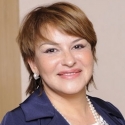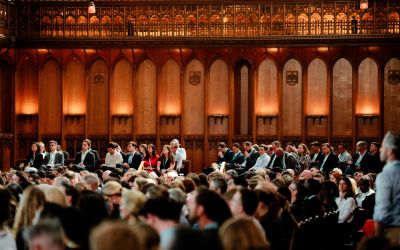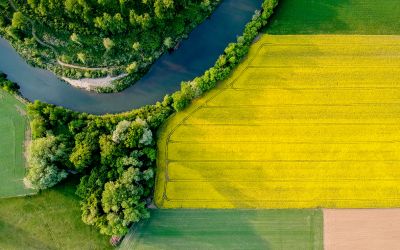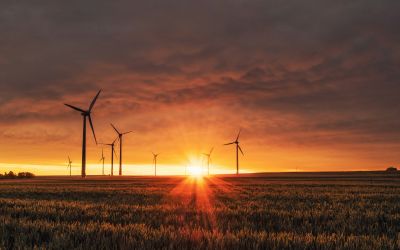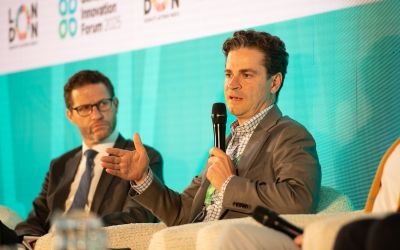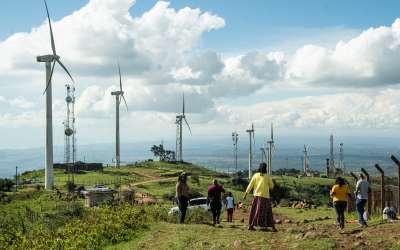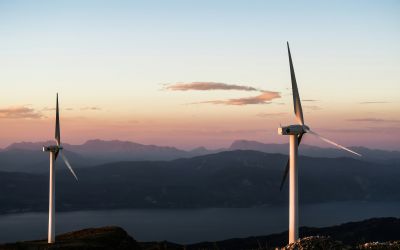COP22: Time for Action
Hakima El Haité, Environment Minister of the Kingdom of Morocco, Moroccan Climate Champion, and member of the Steering Committee of COP22, discusses the need for momentum, mobilization and adaptation at this year’s COP and encourages partnerships to achieve all Sustainable Development Goals.
Between hunger eradication and universal access to quality education, two of the 17 sustainable development goals supported by the UN, everyone will agree that there is not the same degree of urgency. For one thing, hunger is the expression of an absolute and vital need. Education is, in turn, a form of accomplishment. But it cannot take effect if the issue of hunger has not itself been previously resolved.
Today, according to the UN Food and Agriculture Organization (FAO) in its 2016 report on the global State of Food and Agriculture, which has just been published, the effects of climate change on agriculture could plunge into extreme poverty 35 to 122 million additional people by 2030, especially in sub-Saharan Africa, South and Southeast Asia. In addition, in 2050, world food demand is expected to have risen at least 60 per cent from its 2006 level, due to population growth, rising incomes and rapid urbanisation.
In the same document, the FAO calls for a profound transformation of agricultural and food systems – themselves highly polluting – to help small farmers in developing countries, representing 475 million households, to make a transition to sustainable management of land, water, fisheries and forests. “Climate change brings back some uncertainty from the time when we were all hunter-gatherers,” explains José Graziano da Silva, Director-General of FAO. “We cannot guarantee that we will reap what we have sown.”
This worrying observation reminds me of the famous motivational pyramid proposed by Abraham Maslow, who told us that a human being succeeds in life when he or she has progressively climbed a pyramid of five steps. First, the base represents the satisfaction of basic physiological needs: eating, drinking, sleeping, breathing, living. Then, on the second level, we find physical safety, and also security through work or health. The third and fourth stages are more personal but equally essential. One concerns the emotional needs of love and belonging. The other brings esteem through trust, respect for others and self-esteem. The fifth and last stage is that of personal fulfilment, achieving all that we are capable of. Maslow said that no one can reach the top of the pyramid if all the other levels have not been consolidated in succession.
What is true of individuals can also be applied to sustainable development across the globe. We will not achieve the Sustainable Development Goals (SDGs) fully until we pass successively through a number of steps. Food security is an essential. But we must also create nationally and internationally the many facets of sustainable economic development. It is particularly important that growth in the South is pursued in a manner sparing in carbon, or indeed carbon-free.
For this, we must innovate, build, act, to change the world. This mobilisation will be the watchword of COP22 in Marrakech. COP22 will follow on from 2015, a historic year for humanity with the adoption of the Paris Agreement, the most impressive multilateral agreement in decades, not only because of its ambitious goals but also because, as noted by UN Secretary-General Ban Ki-Moon, it carries the potential for a global transformation.
2015 was the year of political will, in which we adopted the Sendai Framework and the Addis Ababa Action Agenda. We undertook the SDGs, something plenty of people thought was impossible; and we adopted the Paris Agreement.
_(6).jpg) Dimensions of urgency
Dimensions of urgency
After 21 years of development in international climate negotiations, 2016 has opened up a time for action. It has already shown this with the announcement of the entry into force of the Paris Agreement – a world speed record in the history of treaties – but also with the giant step that is the amendment in Kigali of the Montreal Protocol, accelerating the fight against HFCs, those super-pollutants of the atmosphere. Finally, we are holding COP22 in Marrakech, a catalyst for action, and a demonstration to the world that the transformation to a low carbon society is already a reality.
Faced with so many dimensions of urgency, Morocco became engaged on the road to COP22 with this positive vision. As COP22 host and with the incoming COP presidency, it is our duty and our passion to make sure that COP22 responds to the mounting demand with concrete results. Morocco therefore has a special responsibility.
Morocco is prepared, not only from a logistics point of view, but also by decades of ambitious environment and climate-resilient policies under the leadership of King Mohamed VI. We have a long history of adaptation, since the 1960s when we implemented our water and agriculture policies to guarantee drinking water and food security. In 2008 we developed our famous energy policy, which is now brought to fruition through the installation of the largest concentrated solar power (CSP) plant in the world. In 2011, we wrote sustainable development into the Constitution, and today Morocco has its sustainable development law and its green investment plan.
Capacity building, combined with meaningful technology transfer, is the backbone of the success of our efforts in the fight against climate change. Concerning adaptation, we would like to encourage a large number of countries to announce their National Adaptation Plan at COP22. Together, we will demonstrate that climate change can be transformed from one of mankind’s biggest perils into one of humanity’s most promising and transforming challenges.
Financing tools are high on the agenda of developing countries, and one of the key components of practical application of the Paris Agreement. We need to secure the phased achievement of the annual US$100 billion goal by 2020, and to stimulate the pooling and more efficient use of a vast number of existing financial instruments.
This involves the accelerated development of climate finance tools, both public and private, including innovative financing, carbon pricing, taxes and, of course, the redirection of the US$4,000 billion of fossil sector global subsidies (6.5 per cent of global GDP!) to clean and renewable energy, infrastructure, energy efficiency, and all other components of the transition to a green economy.
As we have the upcoming presidency, we consider it important to develop strong arguments for the business case for adaptation, to attract investment and scale up the spread of adaptation finance to a level that is more adequate to global requirements. We plan to promote a global effort to quantify adaptation needs, and a robust push to develop adaptation finance. The funding will probably be the largest technical assistance campaign in history.
Inclusion of non-state actors
We need to maintain the momentum of progress. We are deeply convinced of the crucial importance of the inclusive mobilisation of non-state actors. What we call the Lima-Paris Action Agenda (LPAA) should become Everyone’s Climate Action Agenda – because we need to fill the gap in emissions action between now and 2020. Because we are innovators; and because we are the driving force for a real and profound transformation of society, as promised in the SDGs and the Paris Agreement.
That’s why it is important to think about the governance of the LPAA to guarantee its sustainability, and to reinforce the bridges between non-stakeholder actions, the goals of the Paris Agreement, the NDCs and financing and policies.
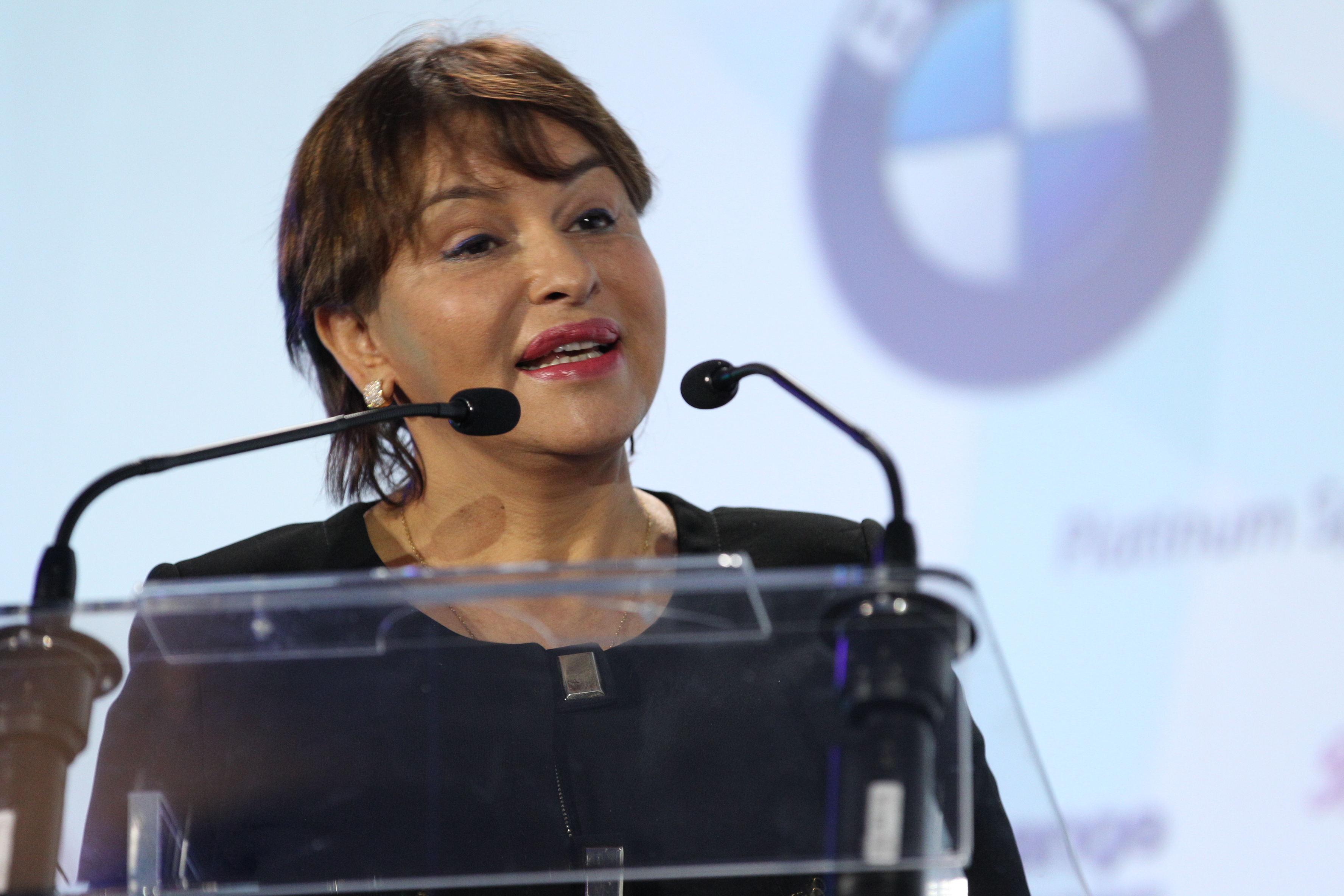
A decisive step
I want COP22 in Marrakech to go down in history as a decisive step in the implementation of everything we have imagined, discussed, written for 21 years in the fight against global warming. In 2030 the middle classes will form two-thirds of the world’s population, about 5.5 billion people. This means that all over the world, especially in developing countries, we have a critical mass of educated citizens who could reach level five of the Maslow pyramid.
It is up to us, here and now in COP22, to implement the promise of future personal achievement, for ourselves and for the development of the human community. Collectively, we mobilised to ratify the Paris Agreement. We have added a level of credibility by the amendment of the Montreal Protocol. COP22 must be the COP of forging a new partnership between state and non-state actors.
It is the COP of action, where we lay the foundations of global coherent progress. It is the COP where everyone becomes involved. Let’s create hope in Marrakech; let’s build confidence.
I will end by welcoming all of you to Marrakech, where the world is waiting for all of us to bring solutions, innovations, and hope for a better world.
Bienvenus à Marrakech.
Read the full Climate Action 2016/17 Publication here

